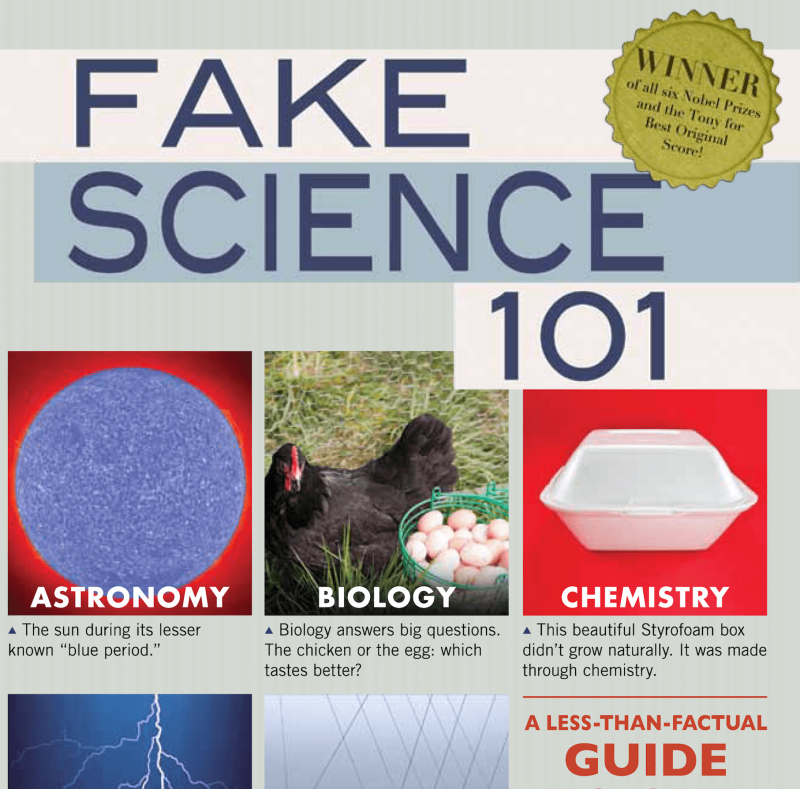[Editor’s note: Robert Fraley is Executive Vice President and Chief Technology Officer at Monsanto. He has Ph.D. degrees in microbiology and biochemistry from the University of Illinois.]
Fake news is not new to science. For years, scientists have watched trusted media outlets – along with junk websites posing as trusted media or experts – distribute misleading or false information disguised as science that creates unwarranted public fear of beneficial scientific advances such as vaccines and GMOs.
…
Unfortunately, we now live in a world where the integrity of peer-reviewed journals is being threatened by the rise of the academic version of fake news – something many call “predatory publishing,” but I like to call “deceptive publishing.”
…
All of this has led to the emergence of a new and dark market of deceptive publishers that exploit the concept of open access and provide channels for “scientific journal” publication with little or no peer review. For a fee, they will publish almost anything – even if the study was fatally flawed. And these journals provide a forum that can be used as a channel to publish fraudulent “advocacy research.”
Since 2012, the number of deceptive journals has tripled. As of 2016, ~25% of all scholarly journals were deemed “predatory” and are responsible for publishing more than 500,000 articles every year.
The GLP aggregated and excerpted this blog/article to reflect the diversity of news, opinion, and analysis. Read full, original post: Deceptive Publishing is the “Fake News” of the Science World
For more background on the Genetic Literacy Project, read GLP on Wikipedia































